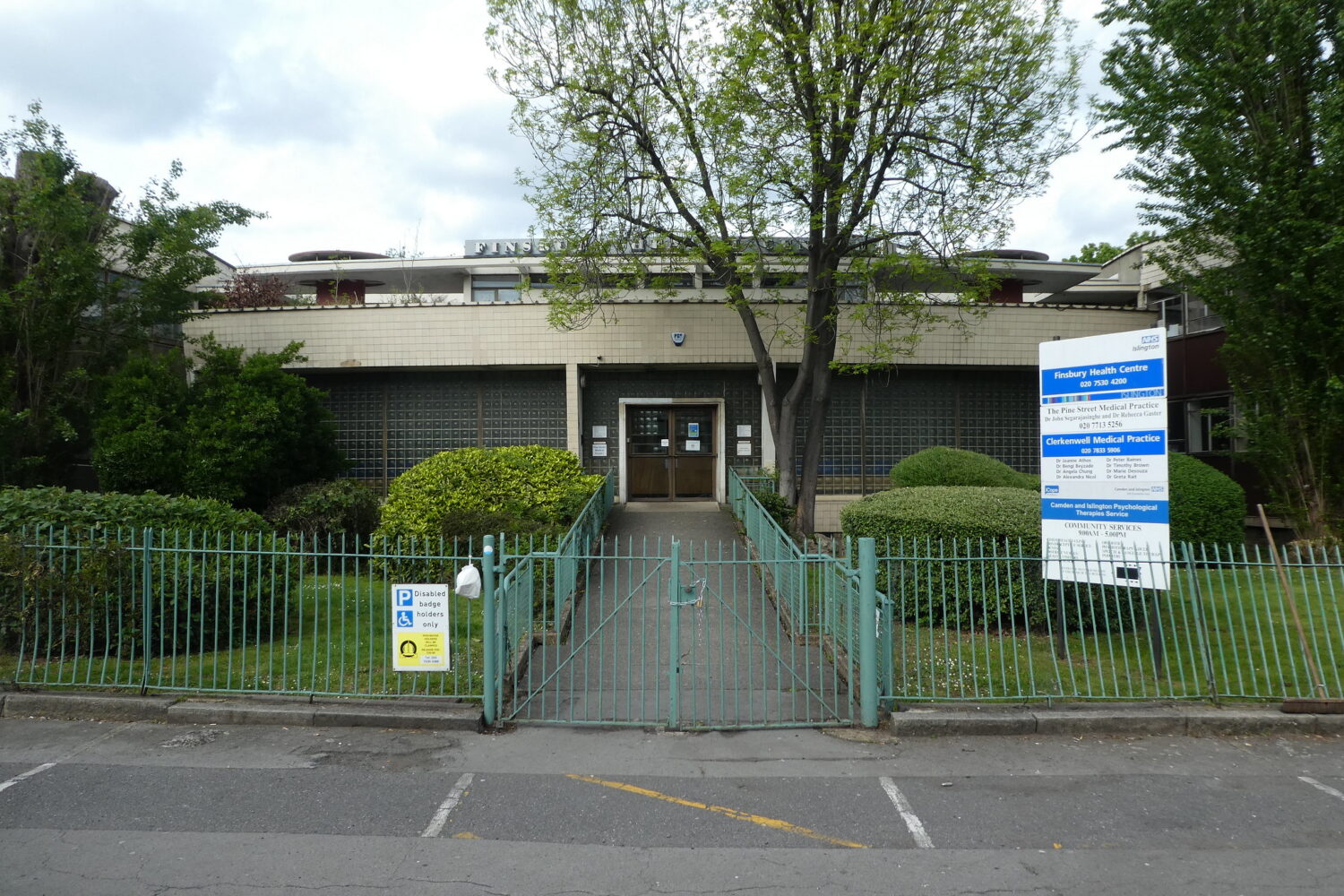Primary solutions
For a more effective and efficient health service, we should be expanding primary care, not circumventing it, argues Dr Joe McManners
“Building an NHS fit for the future.” Polling shows two thirds of the public consider this to be the most important of Keir Starmer’s five missions. This should come as no surprise: the NHS consistently ranks as one of the issues the electorate cares most about, and Labour is far more trusted than the Tories on the NHS. But to win the election and to succeed in government, Labour needs credible plans – especially for primary care.
Primary care is the bedrock that supports the NHS, but that foundation is looking extremely wobbly. In 2016, Simons Stevens, then chief executive of the NHS, stated in the General Practice Forward View report: “When general practice fails, the NHS fails”.
He went on to argue that “no health system would deliberately shrink the primary care system at the same time as expanding the hospital sector, but that is exactly what has happened”. Hospital consultant numbers have increased by 89 per cent between 2004 and 2022, whereas GP numbers have declined since 2015. These two trends are not coincidental.
The late Barbara Starfield, a professor at John Hopkins University, produced compelling evidence to show the effectiveness of health systems based on primary care. She demonstrated that health systems with strong primary care systems have reduced costs, better health outcomes, higher life expectancy, reduced inequality and higher patient satisfaction. The core principles of strong primary care systems are worth emphasising: comprehensive care, continuity of care, personalised (holistic) care and first contact care – all rooted in the community. Reform of primary care should reflect these principles to succeed.
The problem at the moment is that, as well as a reduction in supply in primary care, we are also seeing significantly increased demand. The reasons behind this surge are numerous, and over and above demographic change; increased diagnostics and medications (especially when combined with the ageing population); a shift to online access; a change in our health behaviour and expectation; failures elsewhere in the health and care system; and failures in society more generally.
For GPs now, a typical hour of a clinic is made up of cases such as a younger person with cold symptoms for less than a day; an older person coming to complain about long waiting times to have his knee surgery; a patient coming back as the drugs she was prescribed are not available anywhere; and another desperately coming to get more letters from her GP to prioritise her for social housing.
The result of the increased demand, reduced numbers of GPs and stretched services is that many GP surgeries are overwhelmed and unable to provide good care for those with significant medical problems – like the housebound older person, the person with out-of-control diabetes, or the person dying from cancer. As a result, many of those people present later in their illness course needing more resources and facing poorer outcomes. They often end up in the wrong place – putting more pressure on the hospital system, which then needs to find more doctors and nurses, and so the vicious circle continues. These problems are worse in the most deprived communities: the ‘inverse care law’ is the phenomenon that communities that have the worst health outcomes and highest need have the least healthcare resources to deal with them. This is especially true in general practice.
Change has been tried, often involving, as Keir Starmer would say, ‘sticking-plaster solutions’. These tend to be short-term projects which build parallel services to bypass primary care in an attempt to avoid the core problem. Labour must avoid this temptation. A more fundamental shift is needed.
The Labour leadership is correct in its diagnosis: it is right to talk about more resources, and it is right to talk about reform. We need both, because without a change to our model of healthcare, we will simply end up pumping more money into the expensive hospital end of the patient journey.
Resource-wise, we need to reverse the modern trend and increase the percentage of NHS funding put into primary care. The extra should be targeted to those most in need, but everywhere needs to benefit, pushing resources and incentives into preventative and earlier healthcare.
It is also possible to achieve NHS reform that strengthens primary care and is consistent with its principles: ongoing, holistic, community-based and comprehensive.
GPs would be at the heart of it, but it would not just involve GPs. Community health teams should be developed that offer local access to healthcare. Properly joining up local services to have GPs to lead and support, with close team working, can add capacity. Knowledge of patients and sharing of medical records can offer continuity and ensure that people see the healthcare workers who can best help them. Increased numbers of doctors, nurses and support workers with increased resource can focus more on prevention and personalised care, at the same time increasing the access for those who need it.
Achieving a paradigm shift in primary care will not be easy. GPs and our teams will be concerned about changes that could damage vulnerable organisations and accelerate the departure of staff. But if plans are thought through, get buy in from the professions, and acknowledge the reasons we went into the job in the first place, then they may well succeed. The prize would be the greatest one of all – an NHS fit for the future.
Image credit: Duncan Cumming via Flickr

